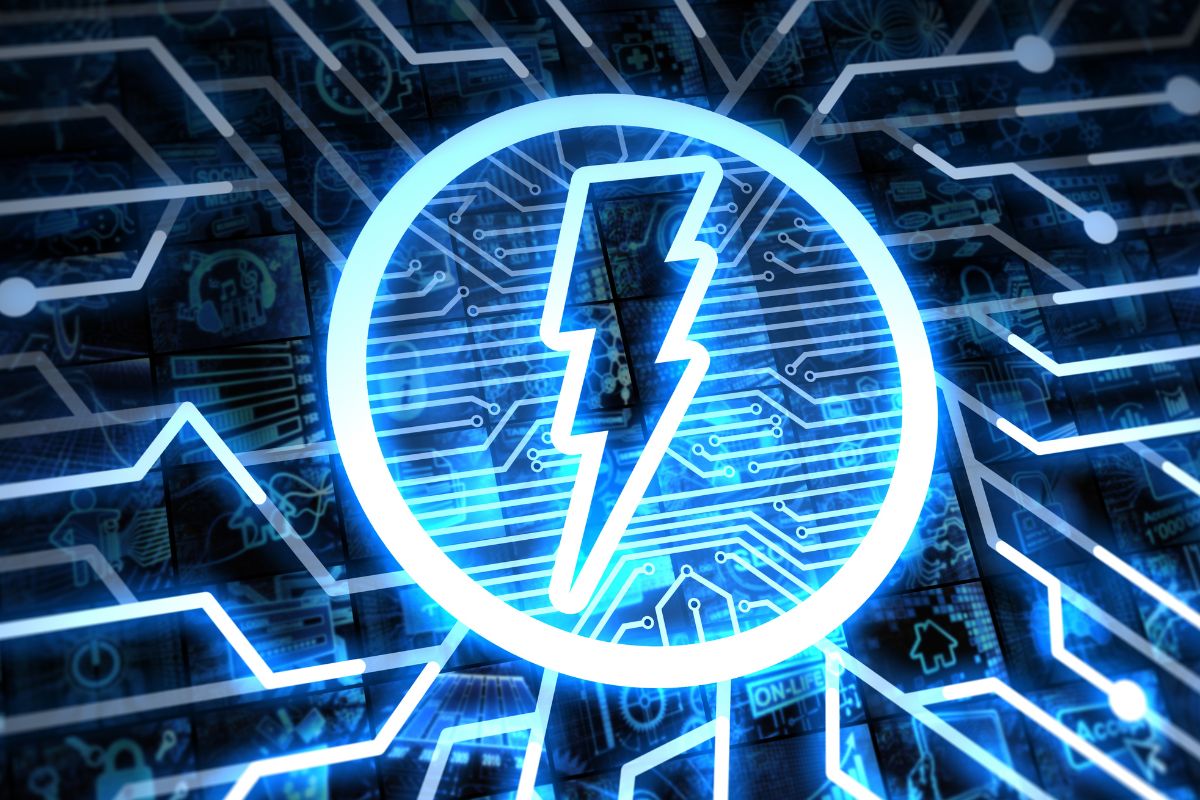
Researchers discover enzyme that can extract energy from atmospheric hydrogen
March 14, 2023An enzyme has been found that can produce electricity out of miniscule amounts of hydrogen.
A team of Melbourne scientists from Monash University have isolated an enzyme from soil bacteria that can convert atmospheric hydrogen – H2 present in air – into electricity that has the potential to be developed into a renewable power source for small devices.
The enzyme, called “Huc” enables some bacteria to consume H2 and extract energy from it.
 The Australian researchers have isolated an enzyme they call “hydrogenase”, which they named Huc for short. This enzyme allows some bacteria to consume hydrogen from air and extract energy from it. They found that the enzyme can produce an electrical current directly even when it is only exposed to the tiniest amounts of hydrogen.
The Australian researchers have isolated an enzyme they call “hydrogenase”, which they named Huc for short. This enzyme allows some bacteria to consume hydrogen from air and extract energy from it. They found that the enzyme can produce an electrical current directly even when it is only exposed to the tiniest amounts of hydrogen.
In fact, even when it was isolated from bacteria, Huc was able to consume whiffs of H2 that was too faint to be detected by the researchers’ gas chromatograph, which is highly sensitive to gas and used to measure gas concentrations. Additionally, the scientists discovered that Huc appears to be entirely uninhibited by oxygen, which has not been seen in other H2-consuming catalyst.
To assess the enzyme’s ability to convert atmospheric hydrogen into electricity, the team used a technique known as electrochemistry. This technique revealed that Huc is capable of converting minute concentrations of H2 in air directly into electricity that is able to power an electric circuit. The scientists used several innovative methods, including spectroscopy and microscopy, to study how Huc can do this at the molecular level.
Atmospheric hydrogen could be utilized to power devices of the future.
While it is still early days for this renewable power research, the enzyme may have considerable potential to one day power small, sustainable air-powered devices as an alternative to solar power.

For instance, a biometric monitor, clock, simple computer, or LED globe are all examples of small devices that could potentially be powered by Huc. According to the researchers’, another application it could be used for is Huc-based bioelectrical sensors for detecting H2. Due to the incredible sensitivity of these sensor, this could be invaluable for detecting leaks in hydrogen infrastructure or in a medical setting.
For now, however, several technical challenges must be overcome before the full potential of Huc can be realized.
The scientists’ research paper – “Structural basis for bacterial energy extraction from atmospheric hydrogen” – was recently published in the journal Nature.
Join in the conversation and help shape the future of hydrogen energy by voting in our poll today – See Below: [forminator_poll id=”57416″]



 HFN News is your leading source for fresh hydrogen and renewable energy updates. Amid the fast-paced growth of hydrogen companies, we provide top-notch news and insights about this exciting sector. Our coverage spans from hydrogen cars to global sustainable initiatives, and we highlight the latest in green jobs and developing hydrogen hubs. We invite you to share your local hydrogen news and explore today’s renewable energy job listings on our site. Thanks for choosing HFN News as your trusted guide to the hydrogen and renewable energy world!
HFN News is your leading source for fresh hydrogen and renewable energy updates. Amid the fast-paced growth of hydrogen companies, we provide top-notch news and insights about this exciting sector. Our coverage spans from hydrogen cars to global sustainable initiatives, and we highlight the latest in green jobs and developing hydrogen hubs. We invite you to share your local hydrogen news and explore today’s renewable energy job listings on our site. Thanks for choosing HFN News as your trusted guide to the hydrogen and renewable energy world!

This is really the great innovation!! This will be very useful in sensors to identify hydrogen leaks if hydrogen ecosystem is applied for transportation in future.
The first and foremost problem remains: politics! The US government is a government of, for and by contractors.